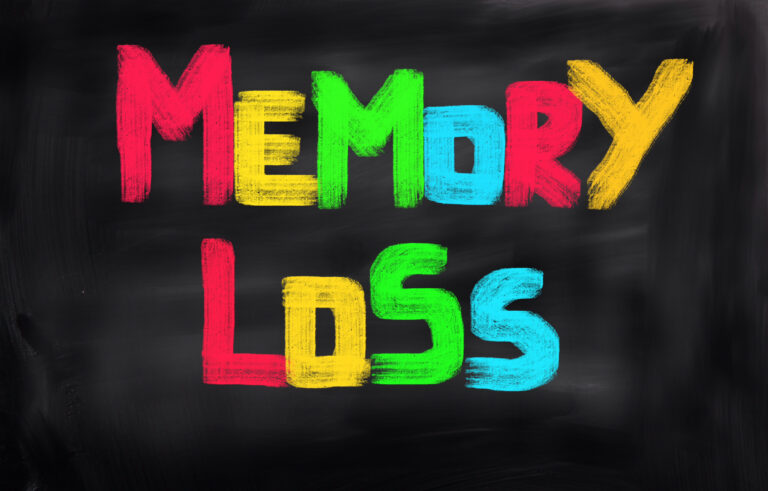Letting go of toxic relationships can be one of the hardest things to do, but it’s essential for your well-being and happiness. Toxic relationships drain your energy, make you doubt yourself, and often leave you feeling unhappy or trapped. Here’s how you can start freeing yourself from these harmful connections in a simple and clear way.
**Recognize the Signs**
The first step is to understand what makes a relationship toxic. It might not always be obvious at first because some signs are subtle. You might find yourself apologizing all the time just to keep peace, even when you haven’t done anything wrong. Or maybe your feelings are often dismissed or minimized by the other person, making you feel like you’re overreacting or being dramatic. Another sign is keeping score—like doing favors only if they do something for you in return—which creates resentment instead of closeness.
Other red flags include excessive drama, lack of accountability from the other person, controlling behaviors, disrespect, and pushing past your boundaries without care for how it affects you. If someone isolates you from friends or family or makes you question your reality through manipulation or guilt-tripping phrases like “if you really loved me,” these are strong indicators that the relationship is unhealthy.
**Accept Your Feelings**
It’s normal to feel confused, sad, angry, or scared when thinking about leaving a toxic relationship. Accepting these feelings rather than ignoring them helps build clarity about what’s happening and why it isn’t good for you.
**Set Boundaries Firmly**
Once you’ve recognized toxicity and accepted how it affects you emotionally, setting clear boundaries becomes crucial. This means deciding what behavior you’ll no longer tolerate and communicating this firmly with the other person if possible. For example: “I will not accept being spoken to disrespectfully,” or “I need space when I’m upset.” How they react can tell a lot about whether they respect your needs.
**Seek Support**
Toxic relationships often isolate people from their support systems—friends and family who could help provide perspective and encouragement during tough times. Reach out to those who care about your well-being; sharing what you’re going through reduces loneliness and gives strength.
If needed, professional help such as counseling can guide healing by helping rebuild self-esteem damaged by toxicity while teaching healthy ways to relate with others moving forward.
**Take Small Steps Toward Letting Go**
Leaving doesn’t have to mean an immediate break-off if that feels overwhelming; sometimes reducing contact gradually helps regain control over emotional space safely until stronger steps become possible.
Remember that letting go isn’t just walking away physically—it also means mentally releasing blame on yourself for staying too long or hoping things will change magically without effort on both sides.
Your peace matters more than maintaining any connection that harms rather than heals.





